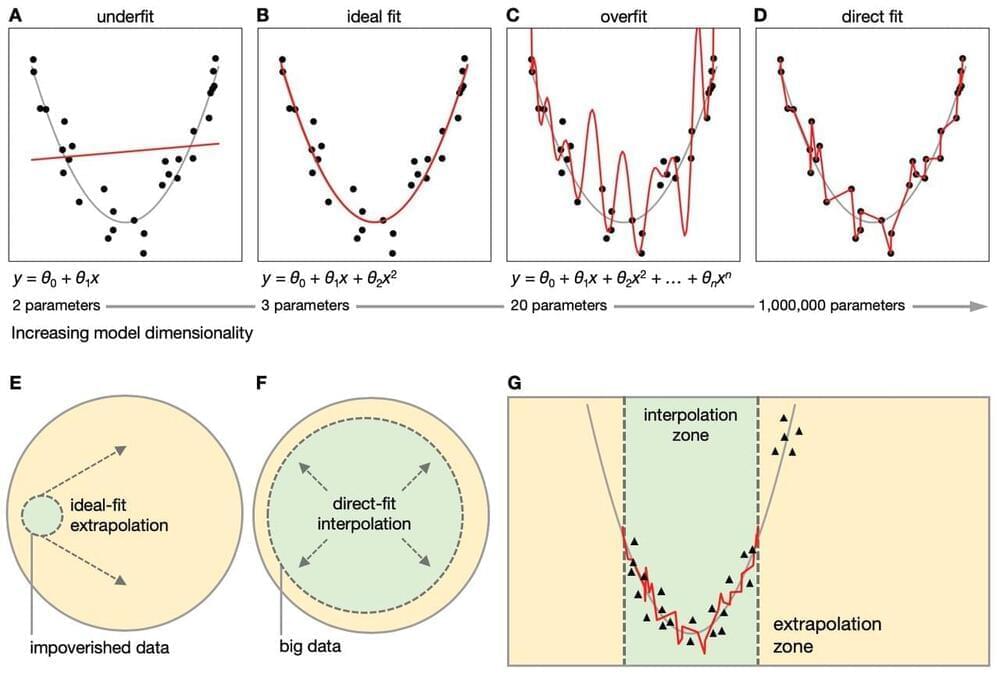Evolution, the process by which living organisms adapt to their surrounding environment over time, has been widely studied over the years. As first hypothesized by Darwin in the mid 1800s, research evidence suggests that most biological species, including humans, continuously adapt to new environmental circumstances and that this ultimately enables their survival.
In recent years, researchers have been developing advanced computational techniques based on artificial neural networks, which are architectures inspired by biological neural networks in the human brain. Models based on artificial neural networks are trained to optimize millions of synaptic weights over millions of observations in order to make accurate predictions or classify data.
Researchers at Princeton University have recently carried out a study investigating the similarities and differences between artificial and biological neural networks from an evolutionary standpoint. Their paper, published in Neuron, compares the evolution of biological neural networks with that of artificial ones using psychology theory.
